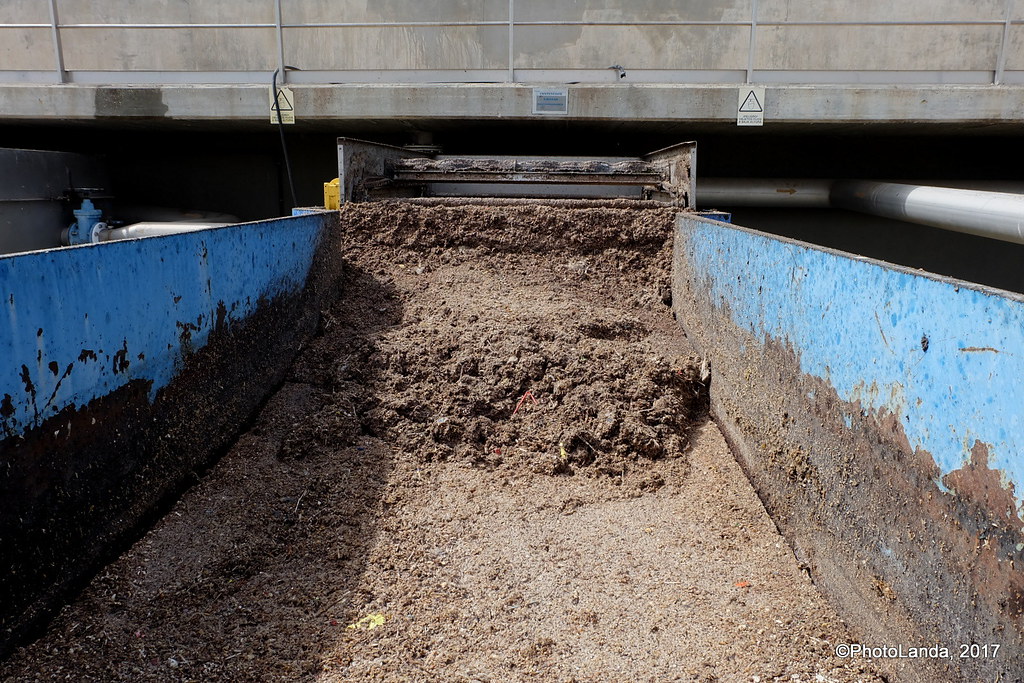The utilities provided by the cement industry for a material and energy valorization of waste, safe for health and the environment, were the focus of a large part of the work session held last January 10 by a delegation from Ciment Català led by the president, Salvador Fernández Capo and the vice president, Carmen Díaz, with the secretary of Climate Action, Anna Barnadas, and the general director of Environmental Quality and Climate Change, Mireia Boya. In this sense, the sector representatives highlighted the variety of waste that can and needs to be used for this paradigmatic practice of the Circular Economy, where energy and material valorization can be carried out at the same time (co-process). They also referred to the current difficulties in using dry sludge from urban sewage treatment plants because of the price of the gas needed for drying it and because of the slowness in the construction of the planned connection pipe between the drying plant de Besòs and the Sant Adrià waste treatment plant, which generates the necessary thermal energy.
The delegation of Ciment Català and the managers of the Department of Climate Action of the Generalitat commented on the importance of the Voluntary Agreement in force since 2002 (already three editions) which has allowed the sector and the administration to set stricter environmental objectives than the mandatory ones at the time of their implementation, as well as having channels of contact and interaction that have made communication between both parties more fluid, which is always favorable. An important point of this Agreement is linked to the sector’s commitment to the use of alternative fuels. The energy utilization of waste makes it possible to replace materials of fossil origin very far away, with the consequent pollution derived from their transport. This practice is currently one of the key levers to achieve climate neutrality and maintain the sector’s competitiveness.
The work session concluded with the commitment of both parties to contribute to the proper development of the Roadmap to achieve climate neutrality by 2050.
The meeting took place in a context in which the disproportionate increase in energy prices during 2022 has increased production costs which, together with a possible increase in the fiscal pressure already being borne, may cause a consequent loss of unsustainable competitiveness for companies in the sector. In this sense, reference was made to the possible introduction of a tax on CO2 emissions by the Generalitat to an industry that is already affected by the regulations of the European emissions market, assuming, in practice, double taxation for emissions.
The representatives of the cement industry made clear their commitment to the protection of the environment by recalling the more than 160 million euros invested in this area during the last two decades.

